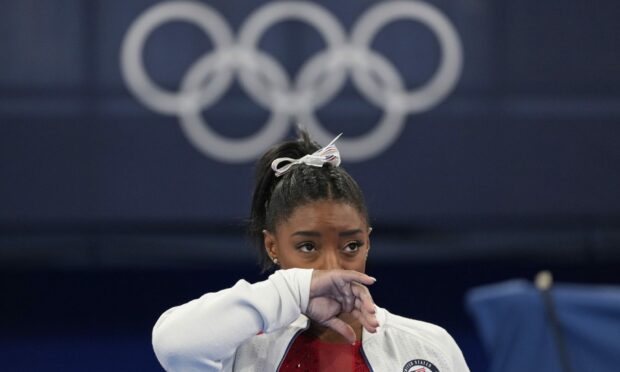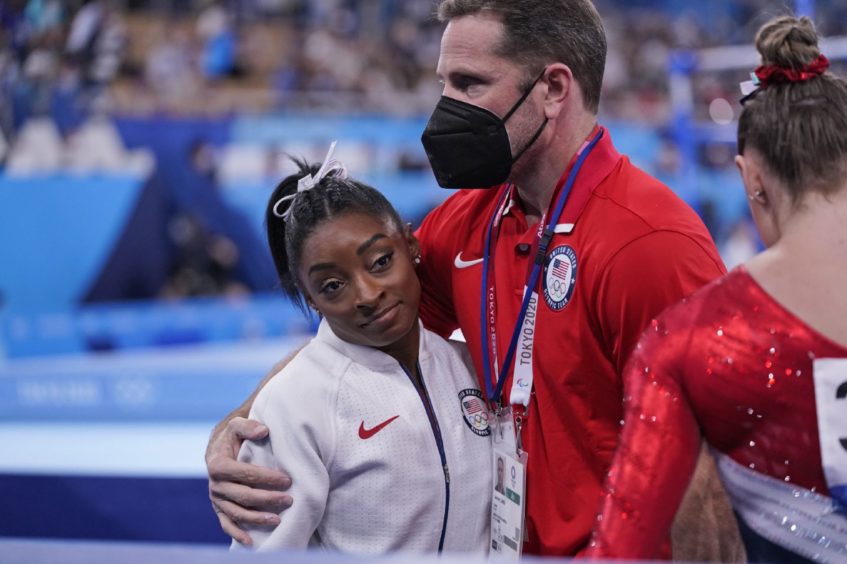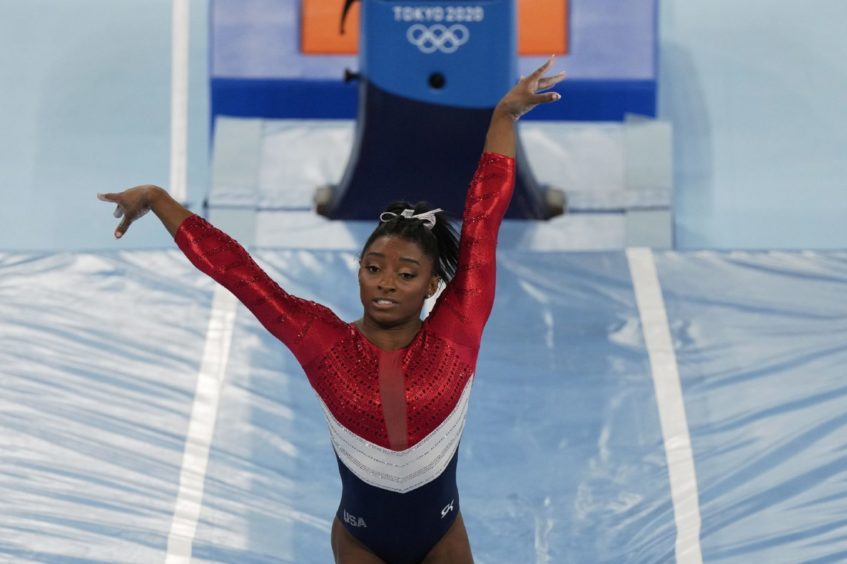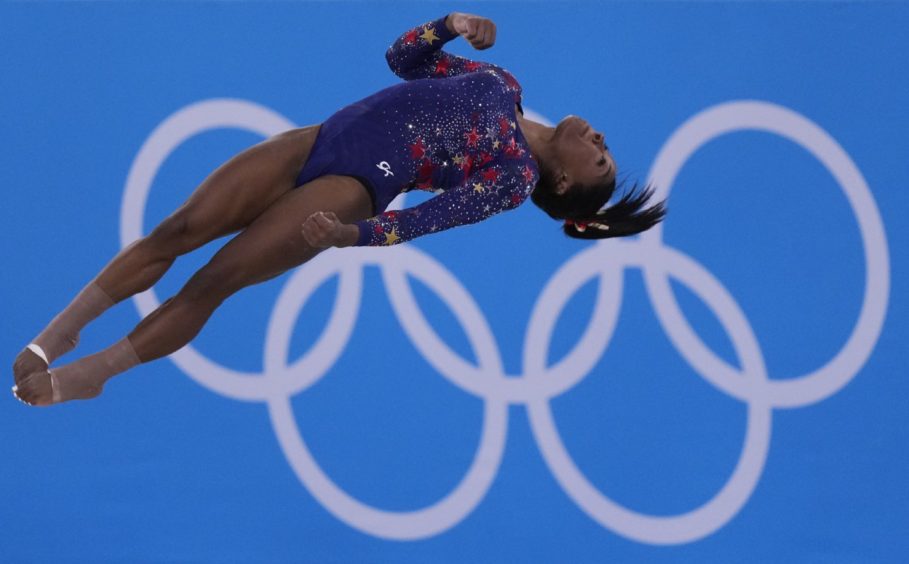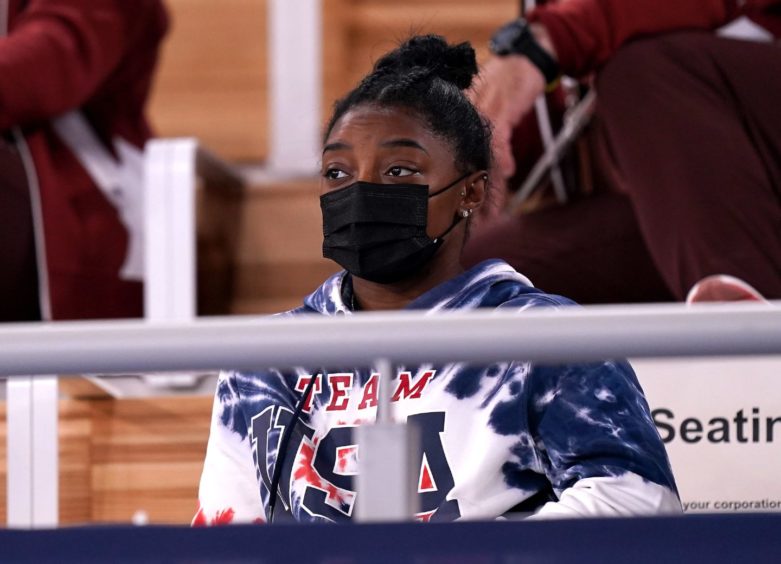The conversation on mental health has been at the head of the Tokyo Olympics 2020 after decorated gymnast Simone Biles withdrew from the team and all-around events to focus on her mental health.
The American four-time Olympic gold medallist withdrew from Thursday’s women’s all-around final, having pulled out after one rotation of the women’s team final on Tuesday in Tokyo.
Biles has since opened up about her struggles and said she’s taking a step back to focus on her mental health.
However, she has been met with backlash from critics claiming she quit following her lowest Olympic vault score.
The boss of charity Mental Health Aberdeen (MHA) Graeme Kinghorn said this response shows that “acceptance of mental health issues is still very much a work in progress”.
Being labelled as a quitter – despite being most successful USA gymnast
Graeme Kinghorn, chief executive of MHA, said the controversy surrounding Biles’ reasoning for withdrawing from events reminds us of “how far the debate” on mental health still has to go.
He added: “If Biles had pulled a muscle in the warm-up for the event, one suspects that the physical injury would be accepted as unfortunate but a valid reason not to compete.
“Biles took the decision to withdraw to “focus on her mental health” and in saying so, appears to have outraged a section of society that has labelled her a quitter despite being the most successful USA gymnast ever.”
Mr Kinghorn said just because an illness cannot be seen doesn’t mean it doesn’t exist.
This, and other deeply ingrained stigmas, is a reminder that the acceptance of mental health issues is “very much a work in progress”.
‘We have to protect our minds and our bodies’
Biles taking a step back was not just to protect her headspace, but her physical wellbeing as well.
“I just think mental health is more prevalent in sports right now… we have to protect our minds and our bodies and not just go out and do what the world wants us to do,” Biles said.
“We are not just athletes, we’re people at the end of the day and sometimes you just have to step back.
“I did not want to go out and do something stupid and get hurt.
“You have to be there 100% or 120% or you’re going to hurt yourself.”
During Tuesday’s post-event press briefing, her message to other athletes feeling the weight of their mental health was to put themselves first.
“Because if you don’t, you’re not going to enjoy your sport. You’re not going to succeed as much as you want to.
“It’s okay to sometimes sit out the big competitions and focus on yourself, because it shows how strong of a competitor and person you really are. Rather than just battle through it.”
Recognising when it’s time to take a step back
“The incident also highlights that literally anyone can be affected by anxiety, lack of confidence or “demons” as Biles called them,” Mr Kinghorn added.
“Whatever the reason for Biles’ decision, most importantly she appears to have recognised that action was necessary.
“For all us mere mortals, taking that first step is often the hardest thing to do but once done there are a number of agencies both local and national that are there to offer advice and support.”
For all us mere mortals, taking that first step is often the hardest thing to do…
He encouraged not hesitating to ask someone if they show signs of anxiety as it’s “highly likely they are suffering”.
Using the information online or on social media can serve as a resource to help guide you to someone who can help.
For more information on services offered by Mental Health Aberdeen, visit their website.
